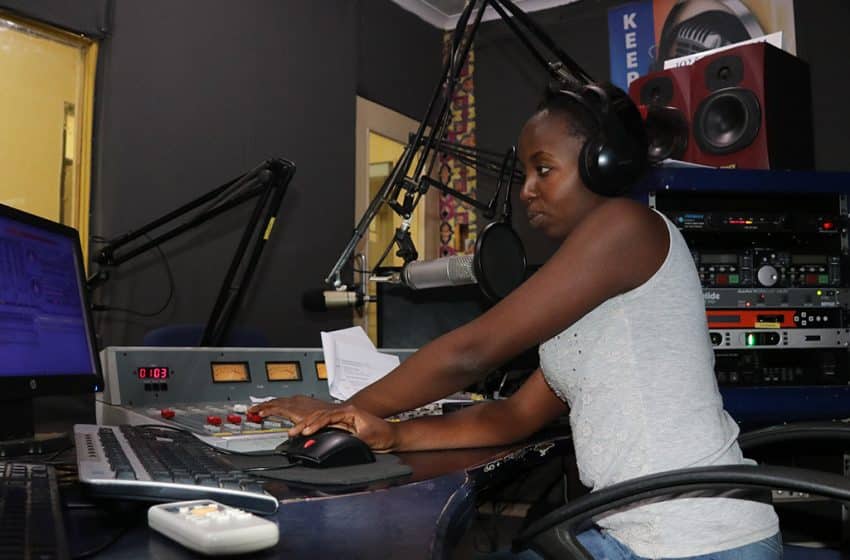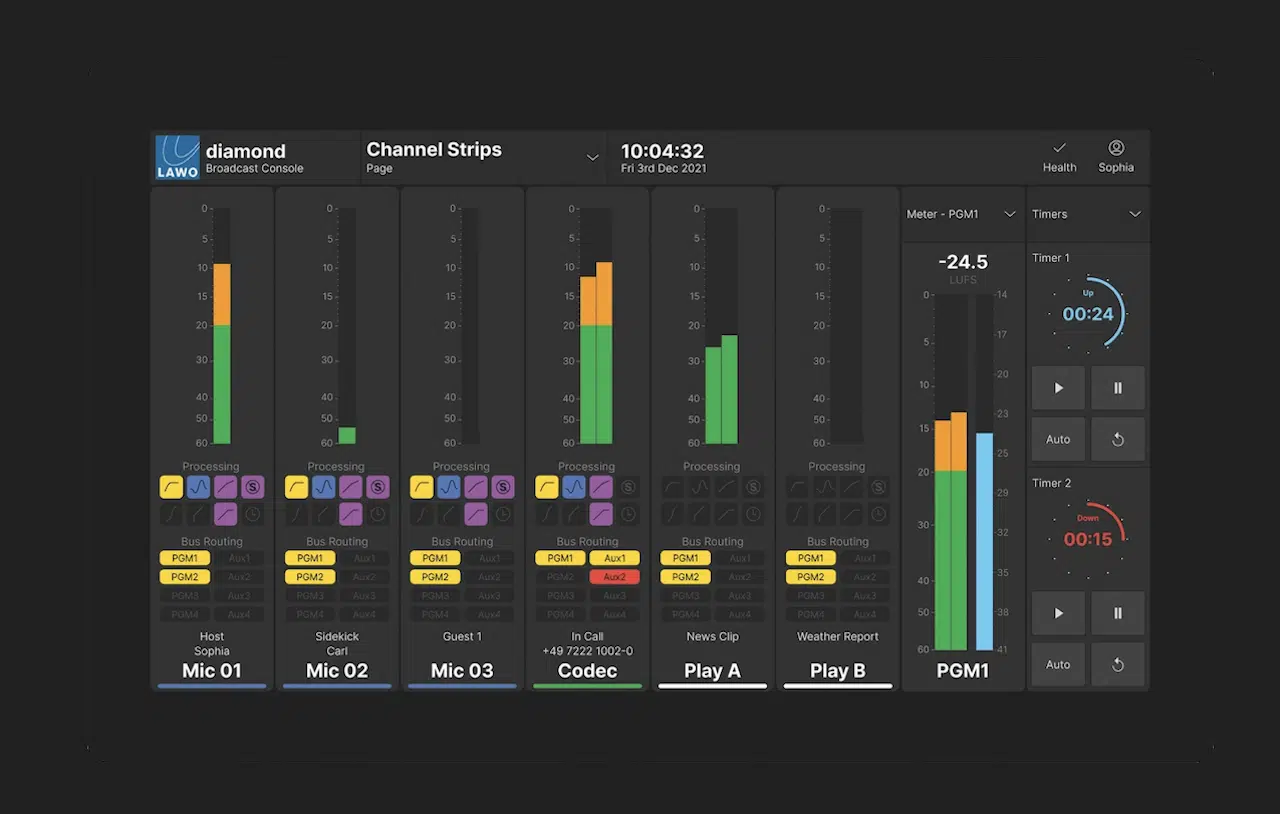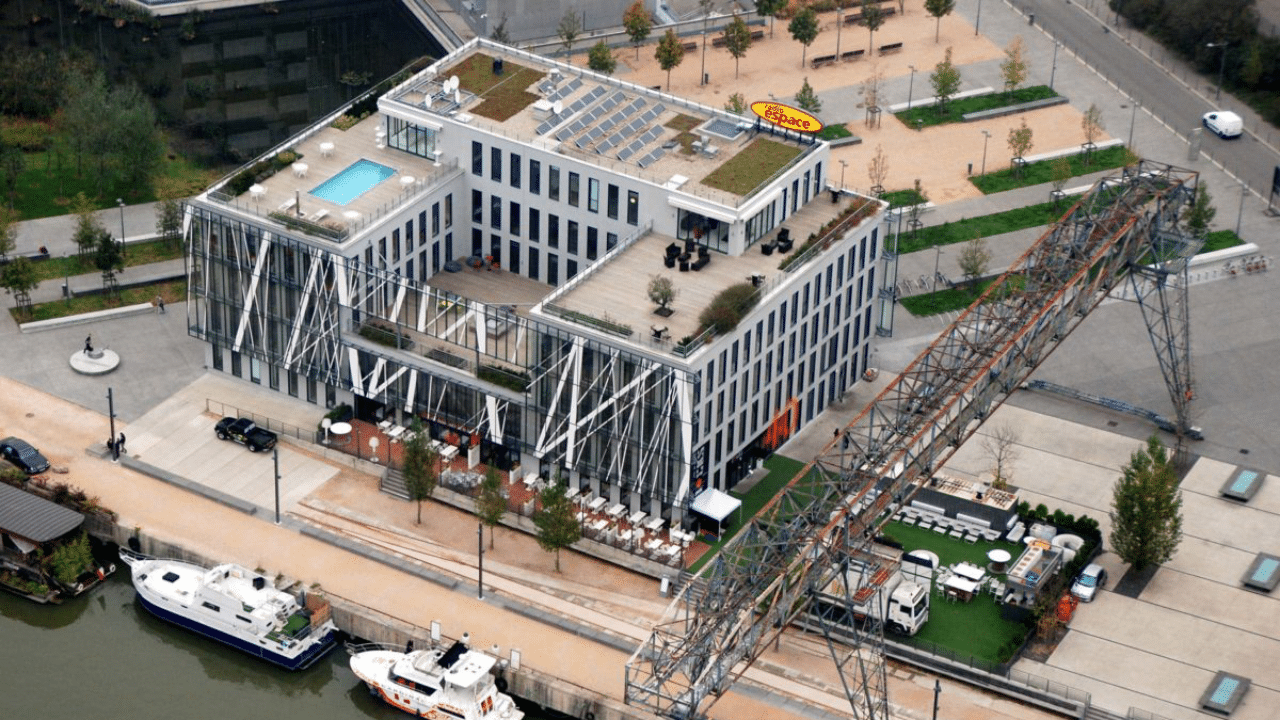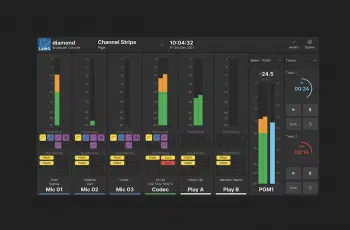
BLANTYRE, Malawi — The Malawi Communications Regulatory Authority has suspended issuing broadcasting licenses and frequencies to potential radio stations in the country because of FM band saturation. Malawi has 56 radio broadcasting licenses, spanning 87.5 to 108 MHz — a total of 20.5 MHz.

MACRA’s director general, Daudi Suleman, said in a statement that the regulatory authority is facing a lack of critical spectrum in the country’s main cities of Blantyre, Lilongwe, Mzuzu and other districts due to congestion in the FM band. This comes three years after MACRA carried out a radio spectrum refarming initiative to align radio frequencies and alleviate congestion on the nation’s FM band.
The decision to refarm followed a recommendation from Davood Molkdar, managing director for Casitel, an independent consulting firm that MACRA hired in 2018 to help with the country’s spectrum and frequency audit. However, MACRA halted the initiative in 2020 after some radio stations complained of frequency interference due to the plan’s requirement for stations with two or more transmitters in close vicinity to reduce broadcasting power.
Radio Islam, for example, complained that the exercise resulted in the station facing frequency interference. “The initiative required us to lower our ERP from 500 watts to 200 watts. But, this caused us to face intrusion from other radio stations,” said Mussa Abdul, head of the station’s engineering department. “For example, our new frequency in Dedza district that airs on 89.90 FM is experiencing interference from Radio Maria, which airs on the same frequency, in Mangochi district. This has compromised our sound quality, and we’ve lost part of our listenership in the process,” he said.
MACRA may revoke the licenses of 23 radio stations by the end of 2022.
Head of technical services at Joy Radio, Abdulrazaq Telera, added that the frequency reallocation caused a financial burden for radio stations. “For example, when purchasing studio transmitter links, our suppliers allocate the given frequencies at their factory. But with the frequency reorganization, we now need to send the equipment back so they can realign the settings with the new frequencies. This is too expensive for us,” said Telera.
Resuming the spectrum audit
Communications manager for MACRA, Zadziko Mankhambo, told RedTech that the authority had rectified challenges it faced in the previous spectrum refarming exercise. “We have resumed the spectrum audit to create enough space for more frequencies. For example, we are withdrawing idle frequencies from radio stations who applied as national radio stations with so many frequencies, but have ended up only using a few, often because of limited coverage,” said Mankhambo. He added that although they are still receiving more requests for broadcasting licenses and broadcasting frequencies, MACRA will not lift the suspension until the issue of frequency congestion is addressed. “We cannot tell exactly when, but the exercise of refarming is progressing well, and we are happy that we are now creating more space on the spectrum,” he said.
However, in June, MACRA started revoking licenses of broadcasters who did not renew their annual license fees. So far, the affected media houses are Angaliba FM, Capital Radio, Sapitwa FM, Joy Radio, Ufulu FM and Galaxy FM. Notices of enforcement action against non-compliant communication licensees that MACRA released in July show that it may revoke the licenses of 23 radio stations by the end of 2022.
The author reports from Blantyre, Malawi.





















